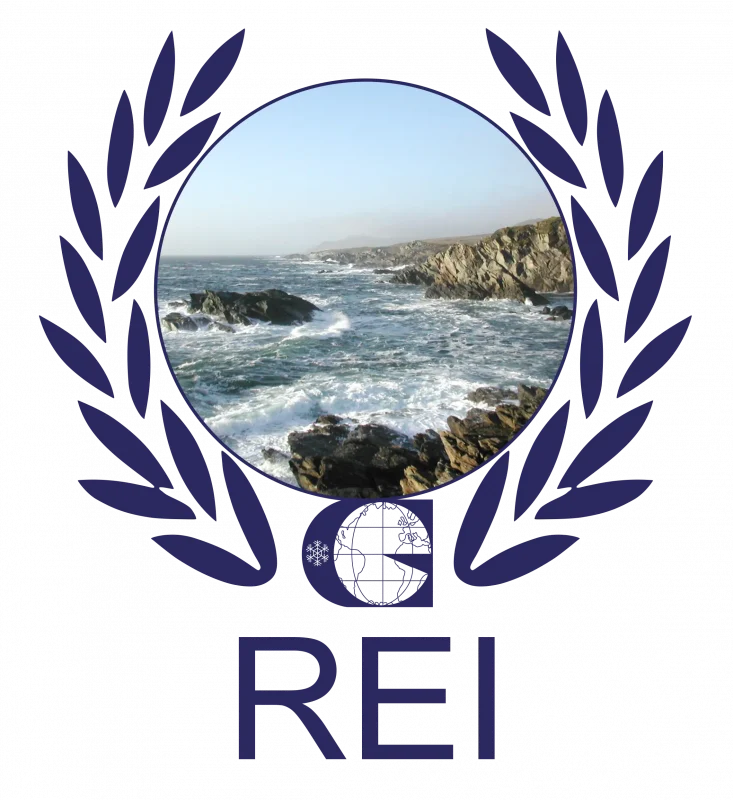Daily News
The Latest from Day 3 of COP29 in Baku
On Day 3 of COP29, Barbados Prime Minister Mia Mottley issued an unexpected call to President-elect Donald Trump, inviting him to a face-to-face meeting to find “common ground” on climate action. Known for her outspoken advocacy on climate issues, Mottley told The Guardian she believes personal dialogue among world leaders is essential to inspire the “massive changes” needed to tackle the climate crisis. Despite Trump’s climate scepticism, Mottley sees potential for a shared purpose. “We want humanity to survive,” she emphasised, pointing to the mounting evidence of climate impacts worldwide. Mottley hopes that Trump, who values direct discussions, might join her in seeking collaborative solutions.

Also on the 3rd day, Argentina’s representatives were abruptly ordered to withdraw from the summit on directives from President Javier Milei, who has previously dismissed the climate crisis as a “socialist lie.” More than 80 Argentinian negotiators had been in Baku to discuss climate finance, but this withdrawal raises concerns about Argentina’s commitment to the Paris Agreement. Ana Lamas, Argentina’s top climate official, confirmed the decision, noting that Milei’s recent elimination of the country’s environment ministry only adds to the uncertainty surrounding Argentina’s future climate policy.
Concerns are growing that other nations, particularly those led by climate-sceptic leaders, might follow Argentina in distancing themselves from international climate agreements. On Tuesday, Argentine President Javier Milei reportedly spoke with Donald Trump, after which Milei’s spokesperson shared that Trump called Milei his “favourite president.” This interaction has sparked additional fears that climate-denying leadership could lead to further weakening of global climate commitments.
Global carbon emissions are set to hit a new high in 2024, with fossil fuel emissions projected to rise by 0.8%, despite last year’s COP28 commitment to phase out fossil fuels. This trajectory starkly contrasts with the necessary 43% reduction in emissions by 2030 to meet the 1.5°C target and avoid escalating climate impacts. At COP29, Sultan Al Jaber, the COP28 president, warned, “History will judge us by our actions, not by our words,” underscoring the urgency for concrete action over promises.
In more positive news, Brazil made a significant commitment by unveiling its updated Nationally Determined Contribution (NDC) ahead of the 2025 deadline. The country has pledged to reduce its greenhouse gas emissions by 59% by 2035, signalling a strong step toward combating climate change and accelerating sustainability efforts. This bold move is part of a growing global trend, as 6 new countries have also joined the initiative to triple nuclear energy capacity by 2050. With this expansion, the total number of countries involved in this commitment has now reached 31, reflecting a collective push for cleaner, more sustainable energy solutions worldwide.
Join us for the Renewable Energy Institute’s exclusive COP29 webinar, where our expert speakers will dive deep into the themes and targets outlined at this year’s climate summit. This online event offers a unique opportunity to gain first-hand insights from industry leaders on the latest policies, innovations, and challenges discussed at COP29. Reserve your free place now and be part of the conversation shaping the future of renewable energy and global sustainability.
Sources:
